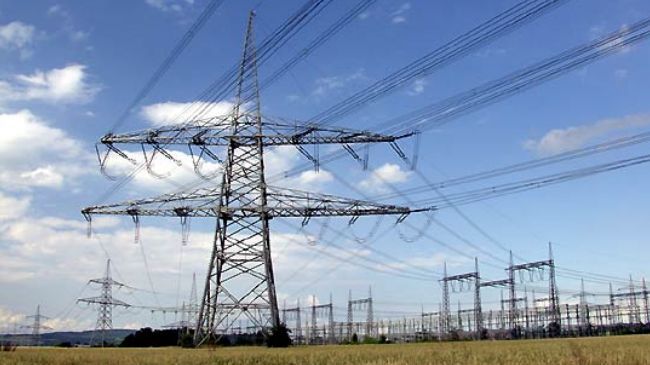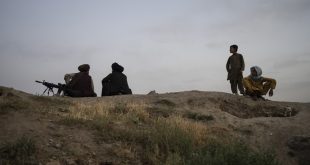KABUL: North Atlantic Treaty Organization (NATO) on Thursday announced allocating $200 million for the extension of electricity from the capital of northern Balkh province to neighboring Baghlan.
Maj. Gen. Todd Semonite, Deputy Chief of Staff-Security Assistance, Commanding General of the Combined Security Transition Command-Afghanistan, made the announcement during a ceremony at the United States Embassy in Kabul.
With the project’s implementation, the Afghan forces would no longer need to use diesel-run power generators and would use permanent electricity imported from neighboring countries, Semonite said.
He said the Afghan security forces currently use power generators that cost $327 million a year.
By the activation of the new project, nearly a 50 percent reduction would come in the cost of electricity used by security forces, he added.
“Thirteen years ago, only six percent of Afghans had access to electricity, but now 30 percent of Afghans have access to the facility,” he said.
He added that Da Afghanistan Breshna Sherkat (DABS) had promised increasing the number of power consumers to 65 percent over the next five years.
Semonite continued NATO and other countries supporting Afghanistan were committed to continuing their support for the Afghan security forces.
US Ambassador Michael Mckinley, who participated in the ceremony, said the donation had a clear message that all NATO countries continued supporting Afghanistan and its security forces.
He said access to electricity could promote regional convergence and could lead to a more stable Afghanistan.
At the ceremony, Canadian and German ambassadors also supported the project’s implementation.
Acting Defence Minister Masoum Stanikzai welcomed the support from NATO and said the project was very important for Afghan security forces.
“Energy stability can lead to development and change in people’s lives, it also plays an important role in economic improvement,” he said.
According to a statement from NATO’s Resolute Support (RS), the expenses of the project would be jointly paid by Germany, Holland, Belgium, Canada and Australia.
The project would start this month and would take 10 years to complete, the source said. (PAN)
 Afghanistan Times
Afghanistan Times




